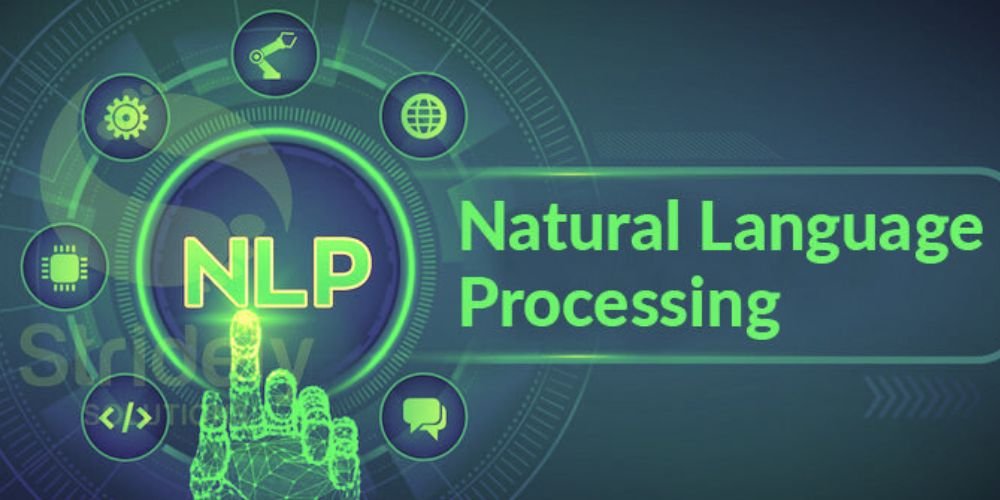The Natural Language Processing (NLP) Industry, a transformative force at the intersection of linguistics and technology, is revolutionizing how machines comprehend and interact with human language. This article delves into the expansive landscape of the NLP Industry, exploring its applications, key drivers of growth, investment avenues, potential risks, and promising opportunities that define this transformative and language-centric sector.
NLP Landscape
The Natural Language Processing Industry focuses on developing algorithms and technologies that enable computers to understand, interpret, and generate human language. From chatbots and virtual assistants to language translation and sentiment analysis, NLP is reshaping communication and information processing across diverse domains.
Key Drivers of Growth
Several factors propel the growth of the Natural Language Processing Industry:
- Big Data and Textual Information: The proliferation of textual data on the internet and within enterprises provides a vast resource for NLP applications, enabling advanced analysis and insights.
- Rise of Conversational Interfaces: The increasing demand for chatbots and virtual assistants in customer service, healthcare, and other sectors drives the development of sophisticated NLP algorithms for natural and seamless interactions.
- Advancements in Machine Learning: NLP algorithms benefit from advancements in machine learning techniques, allowing for improved language understanding, context recognition, and sentiment analysis.
Investment Avenues
Investors have various avenues to participate in the growth of the Natural Language Processing Industry:
- Technology Giants: Direct investments in major technology companies leading the NLP space, such as Google, Microsoft, and Amazon, provide exposure to diversified applications and innovation within the industry.
- NLP Software Companies: Investing in companies that specialize in NLP software solutions, like OpenAI, Nuance Communications, and SAS Institute, offers targeted exposure to the software development segment of the industry.
- Startups and Innovation Hubs: Supporting startups focused on NLP innovations or innovation hubs driving research and development in language technologies presents opportunities for high-growth potential.
Potential Risks
While the Natural Language Processing Industry presents promising opportunities, investors should be aware of potential risks:
- Ethical Considerations: The application of NLP in various contexts raises ethical concerns, including biases in language models and the potential misuse of linguistic analysis, necessitating careful oversight and responsible development.
- Data Privacy and Security: Handling large amounts of textual data requires robust privacy and security measures to protect sensitive information and comply with data protection regulations.
- Rapid Technological Changes: The fast evolution of NLP technologies may render certain models or approaches obsolete, necessitating ongoing innovation to stay competitive.
Conclusion
Investing in the Natural Language Processing Industry aligns with the evolution of human-machine communication, where language becomes a bridge between people and technology. As NLP advances, the industry catalyzes more intuitive and context-aware interactions. For investors seeking a blend of technological innovation, language-centric applications, and market potential, the Natural Language Processing Industry offers a compelling landscape. By navigating potential risks and capitalizing on transformative opportunities within this dynamic sector, investors can actively contribute to and benefit from the ongoing linguistic revolution driven by NLP.





